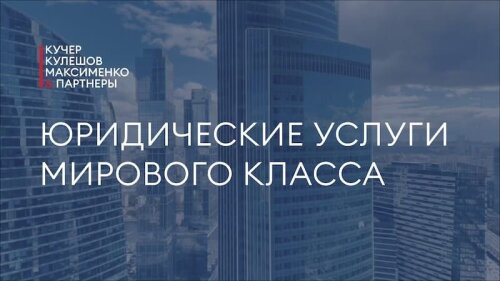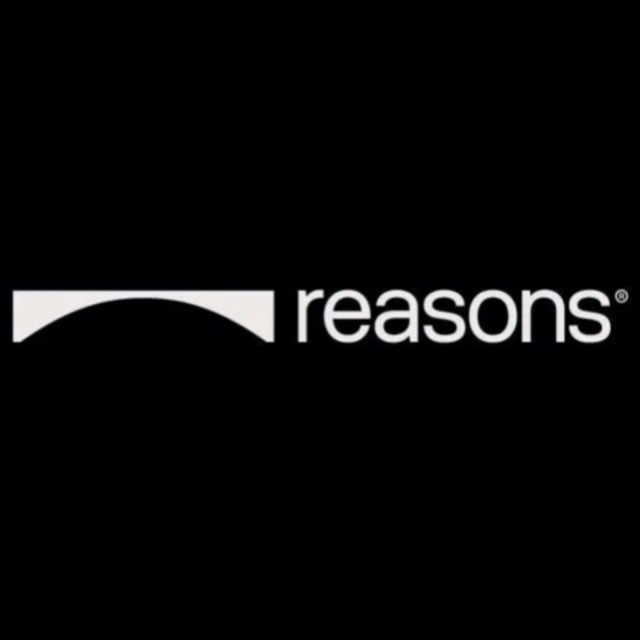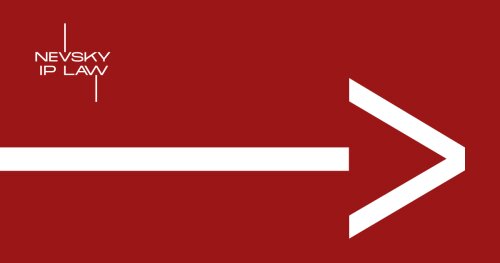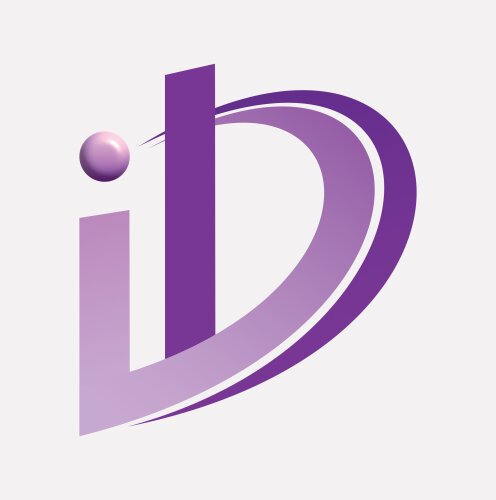Best Technology Transactions Lawyers in Russia
Share your needs with us, get contacted by law firms.
Free. Takes 2 min.
Or refine your search by selecting a city:
List of the best lawyers in Russia
About Technology Transactions Law in Russia
Technology Transactions Law in Russia encompasses a wide range of legal matters related to the transfer and use of technology, including licensing, intellectual property rights, and cross-border data flow. Amidst rapid technological advancement, the Russian legal system has evolved to regulate and facilitate transactions involving innovation and digital services. This area of law not only covers the creation and use of technology but also the enforcement of rights and handling of disputes. With the advent of new Internet technologies, blockchain, and artificial intelligence, technology transactions law has become increasingly pertinent for businesses and individuals alike.
Why You May Need a Lawyer
Legal guidance in technology transactions can be pivotal for various reasons:
- Licensing Agreements: Understanding and negotiating licenses for the use of technology can be complex and may require expert advice to ensure that your rights are protected.
- Intellectual Property Protection: Safeguarding innovations and proprietary technology involves navigating complicated legal landscapes.
- Compliance with Local Regulations: Ensuring that technology transactions comply with Russian laws, especially in regulated areas like data protection and export controls.
- Dispute Resolution: Involvement in legal conflicts can arise over breaches of contract, IP infringement, or licensing agreement breaches, requiring skilled legal counsel.
- Cross-border Transactions: These often necessitate compliance with international as well as local laws, presenting unique challenges that need specialized knowledge.
Local Laws Overview
Russian laws are comprehensive in the field of technology transactions, primarily focusing on the following criteria:
- Intellectual Property Law: Governs the protection and enforcement of intellectual property rights including patents, trademarks, and copyrights pertaining to technology.
- Data Protection Laws: Russia’s data protection framework, chief among them the Federal Law on Personal Data, regulates how personal data is collected, stored, and used, affecting technology transactions significantly.
- Contract Law: The Civil Code of the Russian Federation outlines the provisions for contracts, key in structuring technology transactions legally.
- Export-Control Regulations: Laws that control the dissemination of technology especially in defense and high-tech sectors outside Russia.
- IT and Digital Services Regulation: Various provisions govern digital transactions and IT services, crucial for service providers and users alike.
Frequently Asked Questions
What constitutes a technology transaction in Russia?
A technology transaction involves the buying, selling, licensing, or sharing of technology or technological intellectual property, which can include software licenses, patents, and digital services.
How is intellectual property protected in Russia?
Intellectual property in Russia is protected under several laws, including the Civil Code, which governs patents, trademarks, copyrights, and trade secrets. Legal frameworks such as customs controls also assist in the enforcement of these rights.
What are the key challenges in cross-border technology transactions?
Challenges include ensuring compliance with both Russian and foreign laws, navigating tax implications, data protection discrepancies, and aligning intellectual property protections across jurisdictions.
Are there restrictions on foreign technology transactions in Russia?
Yes, certain sectors are regulated, and foreign entities might face restrictions or need specific permits or licenses, especially when dealing with high-tech or cryptographic technologies.
How are data localization requirements affecting technology transactions?
Data localization requirements necessitate that companies that collect personal data on Russians store it on servers within Russia, affecting cloud services, data processing agreements, and more.
What should be included in a technology license agreement?
Key components include scope of the license, rights and obligations, payment terms, duration, confidentiality agreements, and dispute resolution mechanisms.
How do Russian export control laws impact technology businesses?
Export control laws regulate the transfer of certain technologies across borders, especially those related to defense and dual-use items, requiring compliance and potentially licensing.
Are there specific privacy laws applicable to technology transactions?
Yes, the Federal Law on Personal Data dictates how personal data should be handled, which impacts technology transactions significantly, especially around data collection and processing.
Is software patentable in Russia?
While software itself cannot be patented in Russia, software that provides a technical solution or contributes to a patented invention may receive protection under patent law.
What are the consequences of non-compliance with technology transaction laws?
Non-compliance can lead to legal disputes, fines, license revocations, and severe restrictions on the ability to operate within Russia.
Additional Resources
For additional support, you may consider reaching out to:
- The Russian Intellectual Property Office (Rospatent) for issues relating to patents and trademarks.
- The Federal Service for Supervision of Communications, Information Technology, and Mass Media (Roskomnadzor) for data protection queries.
- Professional legal associations or firms specializing in technology transactions.
- The Ministry of Industry and Trade of the Russian Federation for export-related guidance.
Next Steps
If you need legal assistance in technology transactions, consider taking the following steps:
- Research legal firms in Russia that specialize in technology law and transactions.
- Set up consultations with multiple firms to find a lawyer with experience relevant to your specific needs.
- Prepare all relevant documents and information for your initial consultation to ensure a thorough discussion of your case.
- Be sure to ask about the lawyer's experience with similar cases, their approach to problem-solving, and their fee structure.
- Review and proceed with formalizing a legal agreement, retaining the lawyer who best suits your needs.
Lawzana helps you find the best lawyers and law firms in Russia through a curated and pre-screened list of qualified legal professionals. Our platform offers rankings and detailed profiles of attorneys and law firms, allowing you to compare based on practice areas, including Technology Transactions, experience, and client feedback.
Each profile includes a description of the firm's areas of practice, client reviews, team members and partners, year of establishment, spoken languages, office locations, contact information, social media presence, and any published articles or resources. Most firms on our platform speak English and are experienced in both local and international legal matters.
Get a quote from top-rated law firms in Russia — quickly, securely, and without unnecessary hassle.
Disclaimer:
The information provided on this page is for general informational purposes only and does not constitute legal advice. While we strive to ensure the accuracy and relevance of the content, legal information may change over time, and interpretations of the law can vary. You should always consult with a qualified legal professional for advice specific to your situation.
We disclaim all liability for actions taken or not taken based on the content of this page. If you believe any information is incorrect or outdated, please contact us, and we will review and update it where appropriate.
Browse technology transactions law firms by city in Russia
Refine your search by selecting a city.














